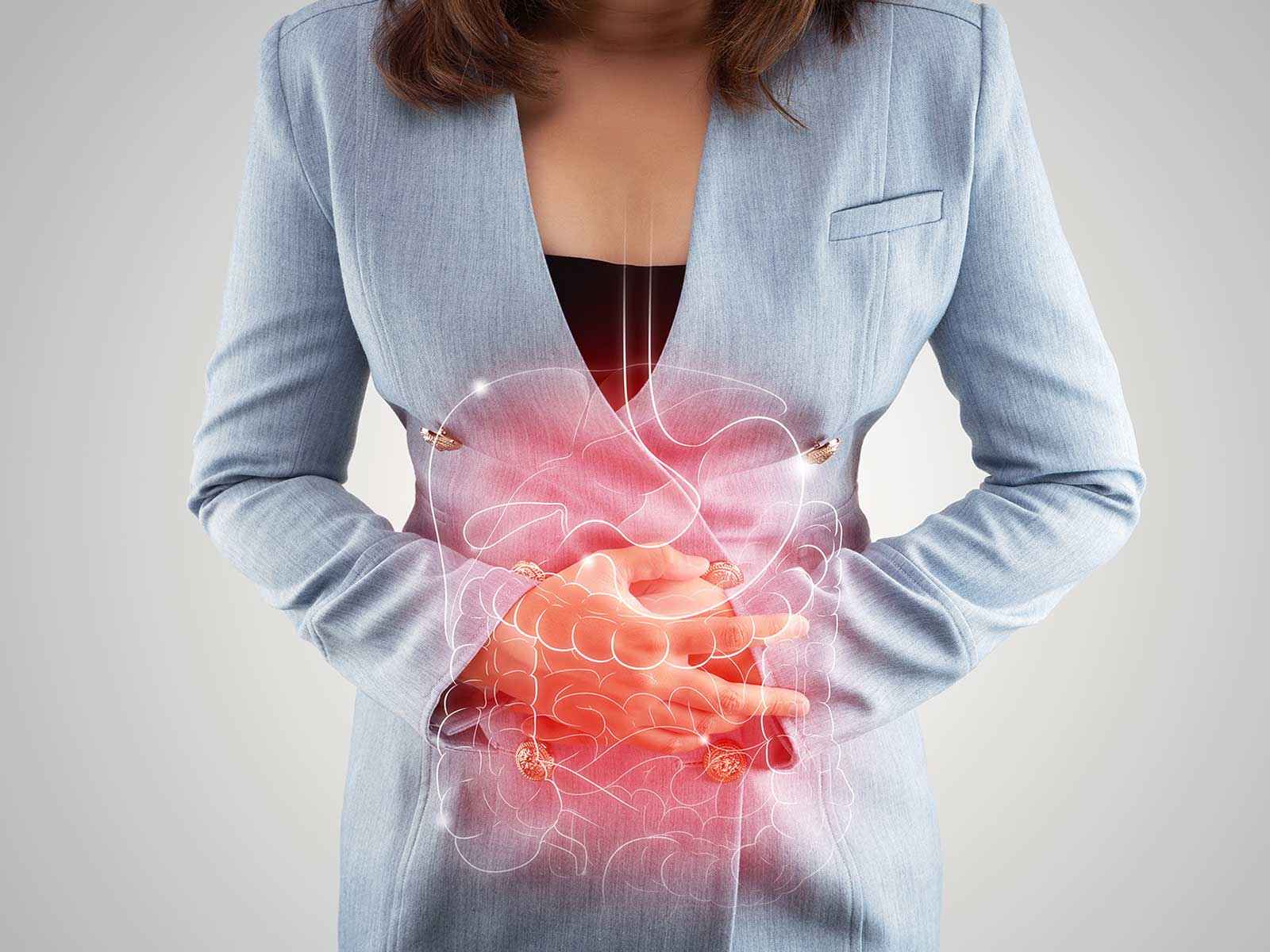
An ileal stricture occurs when the final segment of the small intestine (the ileum) becomes narrowed or blocked, often due to inflammation or scar tissue. This narrowing can slow or stop the normal flow of food, fluids and digestive contents through the bowel.
You may not notice mild narrowing at first, but as the stricture worsens, you might experience:
Several factors can lead to scar formation or inflammation in the ileum, including:
At GastroDoxs in Cypress, we specialize in ileal stricture care-offering personalized treatment plans from anti-inflammatory medication and nutrition support to advanced endoscopic balloon dilation and surgical options. Our experienced team uses state-of-the-art imaging and minimally invasive techniques to diagnose and treat your condition efficiently. We're committed to compassionate, patient-centered care that addresses your symptoms, preserves your digestive health, and helps you get back to the life you love. Ready to find relief? Call us today or book your appointment online-your path to better health starts here.
We've successfully treated more than 667 patients, helping individuals improve their digestive health and overall well-being through expert, personalized care.
With over 20 years of experience, GastroDoxs has been a trusted provider of gastroenterology care, focusing on delivering the best outcomes for patients
Diagnosis usually involves imaging studies such as CT scans, MRI enterography, or contrast X-rays, along with endoscopic evaluation to visualize and assess the narrowing.
The primary code used is K50.012, which denotes Crohn's disease with an ileal stricture for accurate billing and medical records.
Yes. A low-fiber or soft diet can reduce blockage risk and alleviate discomfort by limiting indigestible residue through the narrowed segment.
Surgery is considered when medications and endoscopic dilation fail to relieve symptoms or in cases of complete obstruction, typically involving resection or bypass of the affected bowel.
Yes. Balloon dilation is a minimally invasive, outpatient procedure that gently expands the narrowed area under endoscopic and fluoroscopic guidance.
Recurrence is possible, especially with ongoing inflammation. Regular follow-up and medical therapy help monitor and reduce the risk of re-narrowing.
No. While chronic inflammation raises the risk, not all Crohn's cases lead to scar formation or strictures.
Advanced imaging-CT, MRI enterography, and contrast studies-pinpoints the stricture's location, length, and severity to guide treatment decisions.
We can provide references to peer-reviewed journal articles, reputable medical websites, and patient education materials for in-depth learning.
Contact GastroDoxs in Cypress by phone or through our online portal. Our team will arrange an appointment with a gastroenterologist experienced in ileal stricture care.